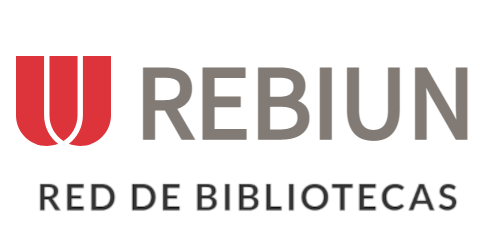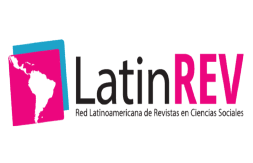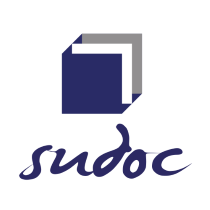Design of a Pedagogical Gamification Tool for Improving Interaction in Online EFL Education, in the province of Imbabura
DOI:
https://doi.org/10.69639/arandu.v12i3.1599Palabras clave:
gamification, English teaching, online learning, active methodologies, ImbaburaResumen
The research was based on a qualitative, bibliographic-documentary approach, through a systematic review of national and international literature, analysis of regulatory frameworks, and identification of trends on teacher training platforms such as Mecapacito. The results show that gamification significantly contributes to students’ motivation, autonomy, and participation in virtual environments, as well as fostering interaction and reducing language anxiety. The guide integrates pedagogical foundations, gamified elements (such as badges, progression, rankings, and immediate feedback), and accessible digital tools for teaching practice. It also aligns with active methodologies included in Ecuador’s teacher training curricula, such as Problem-Based Learning, Flipped Classroom, CLT, TBLT, and Project-Based Learning. In conclusion, the guide constitutes a practical contribution to the educational field by providing teachers with clear, contextualized resources that strengthen online English instruction thru playful and innovative strategies. Its relevance is grounded in the Ecuadorian pedagogical, legal, and curricular framework, which ensures its applicability and relevance in current teacher training.
Descargas
Citas
Anuradhani, N., Yatigammana, K., & Wijayarathna, G. (2023). Defining gamification: A systematic literature review for developing a process-oriented definition. Journal of Management and Tourism Research, 9(1), 66–85. https://doi.org/10.4038/jmtr.v9i1.6
Asamblea Nacional del Ecuador. (2008). Constitución de la República del Ecuador. https://www.asambleanacional.gob.ec/sites/default/files/documents/old/constitucion_de_bolsillo.pdf
Auquilla, D. O., Soto, S., & Cevallos, L. F. E. (2024). Where motivation and learning meet: Bringing key concepts, research insights, and effective practices together into the language classroom. Editorial UTMACH eBooks. https://doi.org/10.48190/9789942241849
Bandura, A. (1977). Social learning theory. Prentice-Hall.
Bates, A. W. (2015). Teaching in a digital age: Guidelines for designing teaching and learning. Tony Bates Associates Ltd.
Booth, A., Papaioannou, D., & Sutton, A. (2016). Systematic approaches to a successful literature review (2nd ed.). SAGE Publications.
Cabello, C., Herrera, M., & Ruiz, A. (2021). Gamification and student motivation in Ecuadorian high school virtual classrooms. Revista Ciencia Educativa, 25(2), 145–160.
Cabrera-Solano, P. (2022). Game-based learning in higher education: The pedagogical effect of Genially games in English as a foreign language instruction. International Journal of Educational Methodology, 8(4), 719–729. https://doi.org/10.12973/ijem.8.4.719
Campillo-Ferrer, J. M., Miralles-Martínez, P., & Martínez-Abad, F. (2025). Gamification impact on motivation and language skills in online EFL learning. Computers & Education, 190, 104629. https://doi.org/10.1016/j.compedu.2024.104629
Campillo-Ferrer, J., Miralles-Martínez, P., & Sánchez-Ibáñez, R. (2020). Gamification in higher education: Impact on student motivation and the acquisition of social and civic key competencies. Sustainability, 12(12), 4822. https://doi.org/10.3390/su12124822
Cheng, J., Lu, C., & Xiao, Q. (2025). Effects of gamification on EFL learning: A quasi-experimental study of reading proficiency and language enjoyment among Chinese undergraduates. Frontiers in Psychology, 16. https://doi.org/10.3389/fpsyg.2025.1448916
Publicado
Cómo citar
Número
Sección
Licencia
Derechos de autor 2025 Iván Mateo Mina Vásquez, Martha Aracelly Viveros Almeida , Marcelo René Mina Ortega

Esta obra está bajo una licencia internacional Creative Commons Atribución 4.0.





















